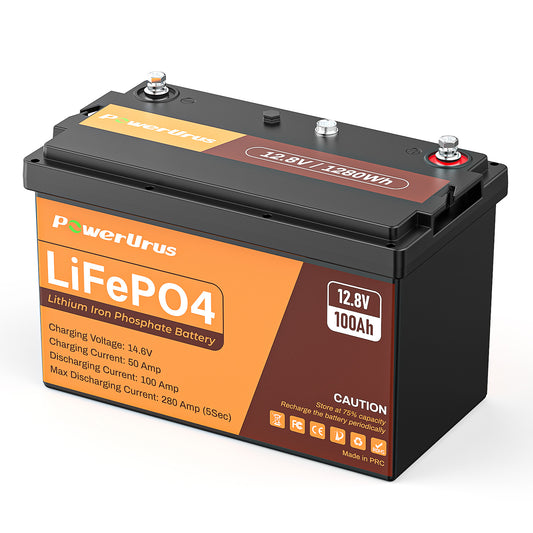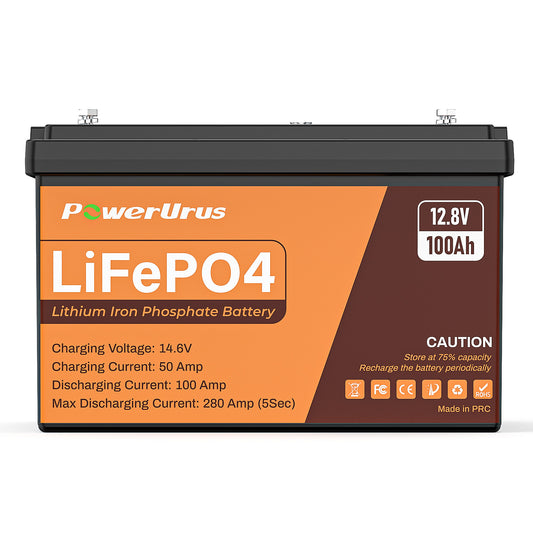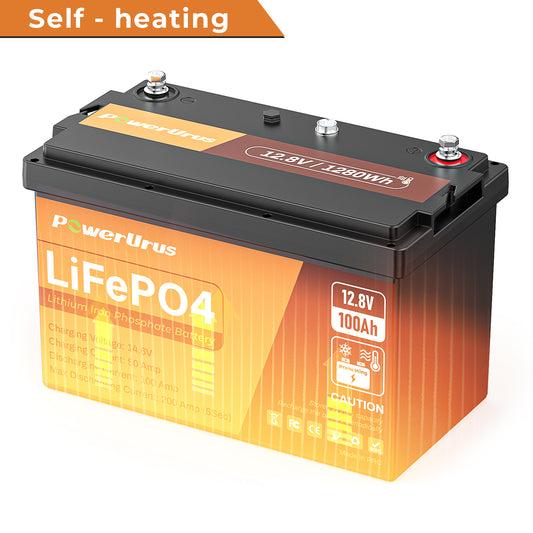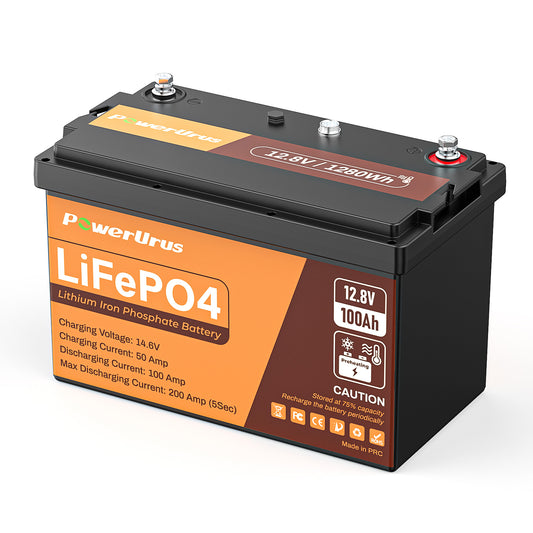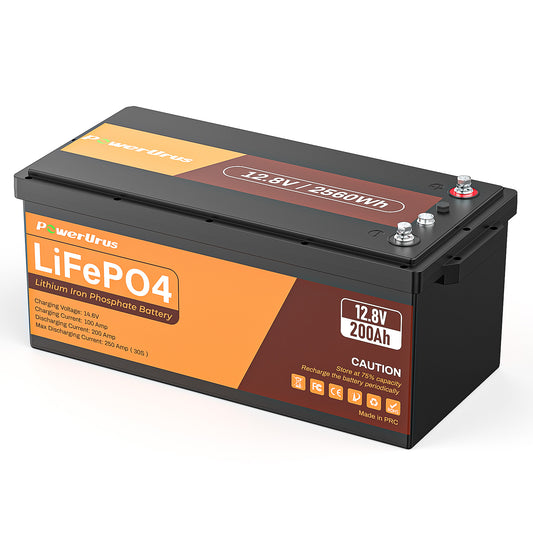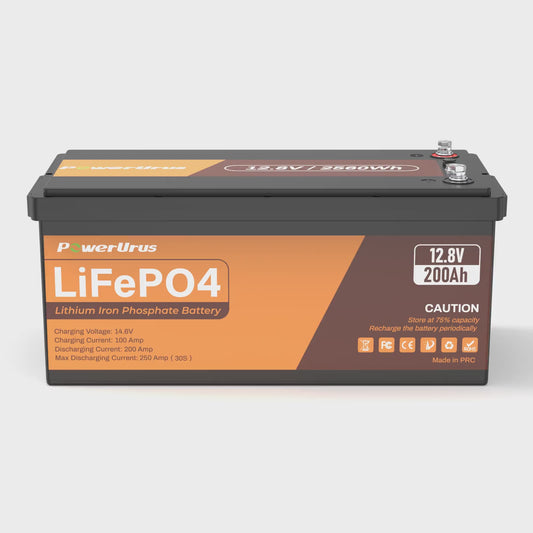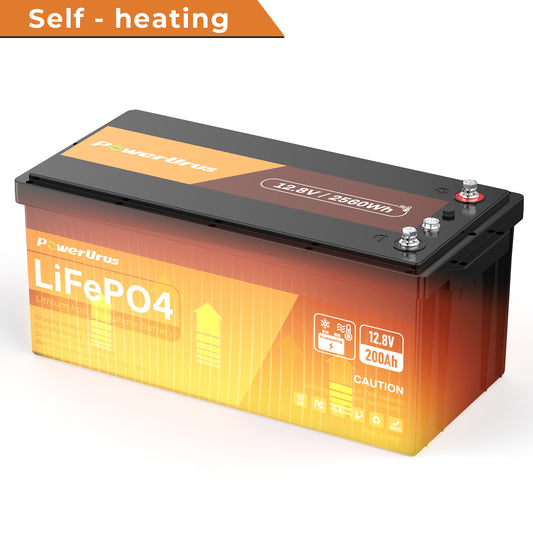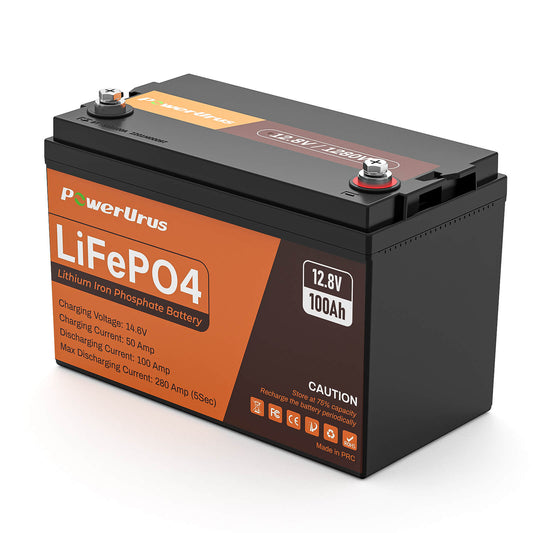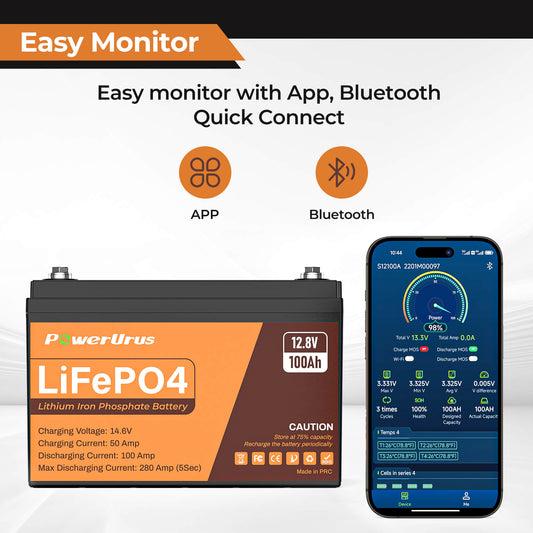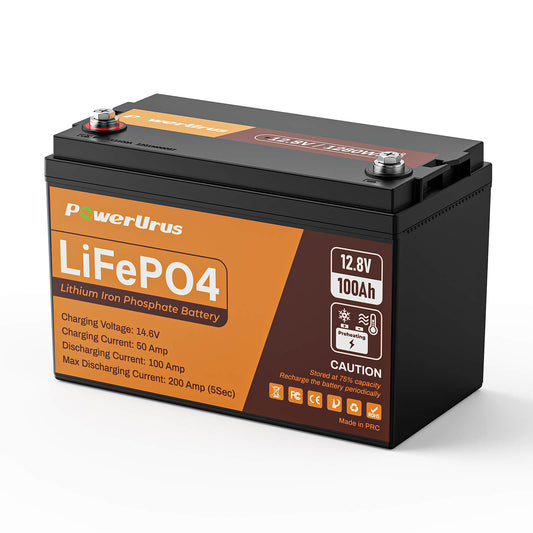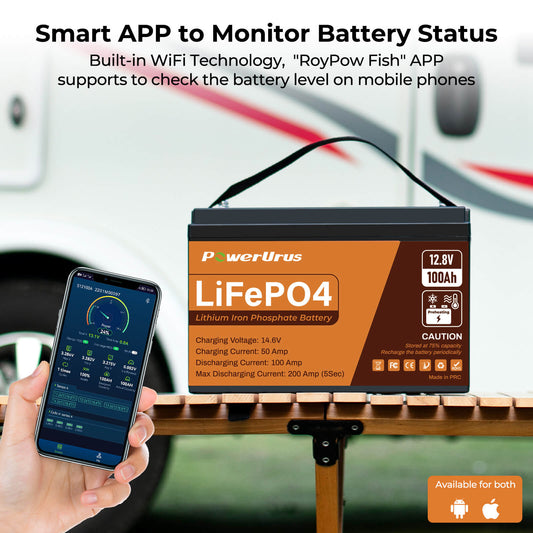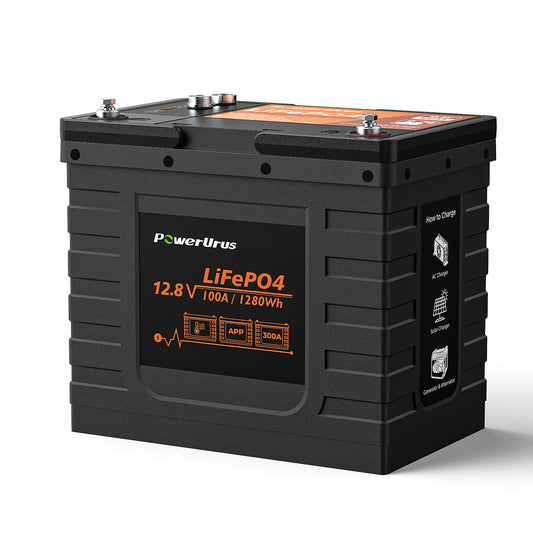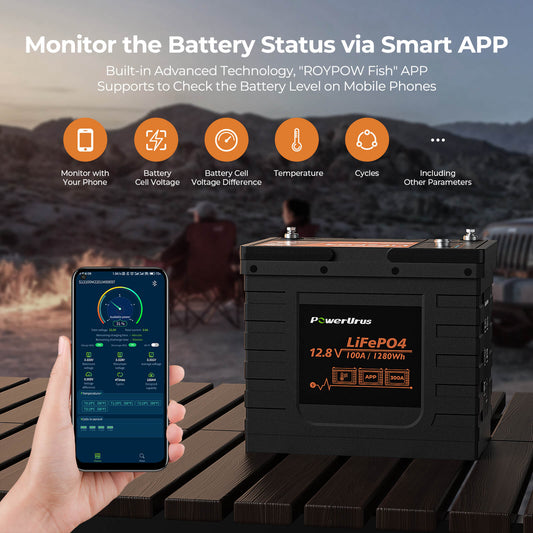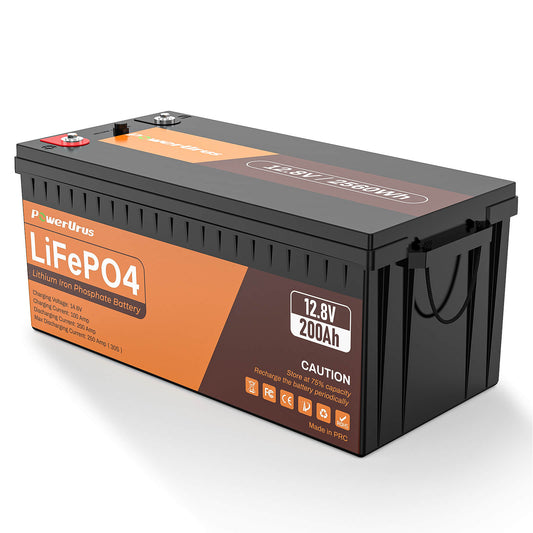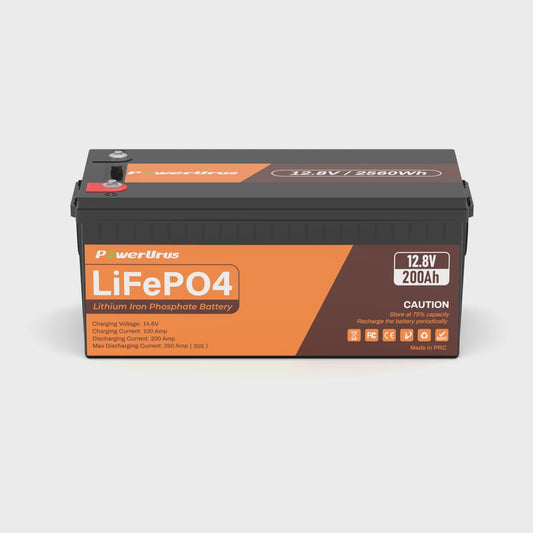Anchors Aweigh! 7 LiFePO4 Marine Battery Installation Pitfalls Every Boat Owner Must Avoid
For boat owners upgrading to marine lithium iron phosphate (LiFePO4) batteries, the switch promises longer lifespan, lighter weight, and reliable deep-cycle power. Yet improper installation can sink your investment faster than a cannonball. Powerurus reveals critical installation traps – and how to navigate them safely.
Pitfall 1: Ignoring Battery Management System (BMS) Compatibility
The Risk: Non-marine-rated BMS may fail to prevent thermal runaway in saltwater environments.
Powerurus Solution: Choose batteries with IP67 waterproof rating (like Powerurus 12V/24V series), or verify BMS integrates temperature cutoffs (-20°C to 65°C) and salt-spray resistance
Pitfall 2: Incorrect Voltage System Sizing
The Risk: Mismatched 12V/24V/36V systems throttle trolling motors or navigation electronics.
Smart Wiring: A 36V trolling motor needs three 12V batteries in series – single 36V units avoid imbalance issues.Powerurus 36V marine batteries eliminate series wiring failure points.
Pitfall 3: Overlooking Vibration Damage
The Reality: Wave impacts crack standard battery internals within months.
Installation Must:
Mount batteries with anti-vibration pads(NMEA 0400 compliant)
Use Powerurus’ internal cell-stabilization techwith 50G shock resistance
Pitfall 4: Charging With Lead-Acid Profiles
Battery Killer: Lead-acid chargers overvolt LiFePO4 cells, causing catastrophic failure.
Do This Instead:
Program chargers for LiFePO4 voltage curve (14.2–14.6V for 12V systems)
Use Powerurus’ multi-stage marine chargers with Bluetooth health monitoring
Pitfall 5: Inadequate Ventilation
Thermal Danger: Tight compartments trap heat – LiFePO4 degradation accelerates above 45°C (113°F).
Best Practice:
Maintain 3+ inches clearance around batteries
Powerurus batteries feature passive cooling fins for confined bilges
Pitfall 6: Neglecting Electrical Leak Protection
Corrosion Hazard: Saltwater exposure causes terminal shorts in days.
Battle Corrosion:
Apply dielectric grease on terminals
Install batteries above waterline with drip-proof boxes
Powerurus’ marine-grade aluminum cases resist galvanic corrosion
Pitfall 7: Skipping Load Testing
Hidden Fault: Undetected voltage drops strand boats offshore.
Pre-Launch Checklist:
Test at peak trolling motor amps (e.g. 80A for 24V systems)
Verify < 3% voltage sag under load.
Powerurus batteries maintain >99% round-trip efficiency at max discharge.
Why US Boaters Choose Powerurus LiFePO4
1. 200+ Cycles Per Year – Lasts 3X longer than AGM in daily fishing use
2.50% Weight Savings – Powerurus 100Ah 12V = 25 lbs vs. AGM’s 67 lbs
3.True Deep Discharge – Recover 100% capacity after 80% DoD (AGM degrades at 50%)
4.Zero Maintenance – No water refills for 10+ year lifespan
Case in Point: Florida charter captain replaced 8 AGMs with two stacked Powerurus 24V 200Ah batteries. Saved 428 lbs, gained 18% range, and 3 years later, still at 96% capacity.
Navigate Your Lithium Upgrade Confidently!
Explore Powerurus’ Saltwater-Read LiFePO4 Solutions.

